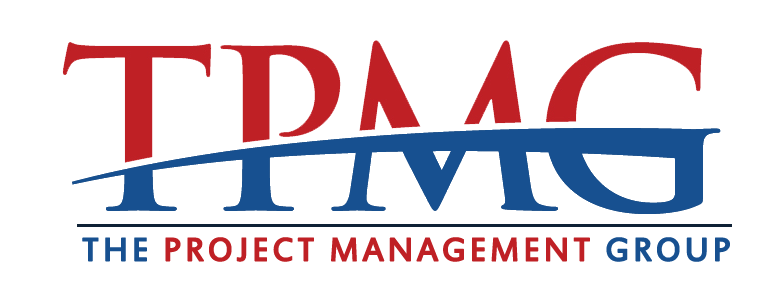In the ever-evolving realm of education, where details flows generously and access to knowledge is only a click away, student-driven encyclopedias are emerging as a vibrant tool in the learning procedure.

These platforms not just provide students with a database of details however likewise encourage them to add, edit, and curate material, fostering a collective and interactive discovering setting.
As educational standards shift in the direction of more participatory and inclusive designs, the idea of student-driven encyclopedias personifies this makeover. These systems equip pupils to become active individuals in expertise production, connecting the space in between typical textbook knowing and contemporary digital sources.
The Concept of Student-Driven Encyclopedias
Student-driven encyclopedias are electronic platforms where pupils jointly collect, confirm, and distribute details on a vast range of topics. Unlike traditional encyclopedias, which are often created by experts, these platforms leverage the joint initiatives of students to produce an extensive body of understanding.

At their core, student-driven encyclopedias are designed to cultivate essential thinking, study abilities, and electronic proficiency among trainees. By participating in the procedure of web content production, pupils learn to browse and examine details seriously, abilities that are important in today’s information-rich society.
Additionally, these systems act as a space for pupils to discover their passions and share their know-how. This autonomous technique to expertise production guarantees that a varied variety of viewpoints and voices are represented, enhancing the discovering experience for all individuals.
- Trainees gain hands-on experience in research study and content creation.
- Urges partnership and peer interaction.
- Advertises a deeper understanding of subject.
- Fosters inclusivity and variety in expertise representation.
Basically, student-driven encyclopedias change pupils from easy recipients of information into energetic contributors, instilling a sense of ownership and responsibility in their academic trip.
Benefits of Student-Driven Encyclopedias
Among the major benefits of student-driven encyclopedias is the growth of vital 21st-century abilities. As students engage in the procedure of content production, they hone their vital thinking, digital proficiency, and communication skills, all of which are critical in today’s interconnected globe.
Additionally, these platforms encourage a collective discovering setting, where students can interact to verify information, argument various viewpoints, and co-edit write-ups. This peer-to-peer interaction not just improves discovering results however also fosters a feeling of neighborhood and common regard amongst pupils.
In addition, student-driven encyclopedias supply a platform for showcasing trainee job. As trainees add to the encyclopedia, they develop a profile of their research study student-driven encyclopedia and writing, which can be very useful for additional academic and expert quests.
Obstacles and Limitations

In spite of the various advantages, student-driven encyclopedias additionally encounter specific obstacles. Making certain the accuracy and dependability of details is extremely important, as these systems count on payments from students who may not yet possess expert-level knowledge.
- Keeping material top quality and accuracy.
- Giving adequate supervision and assistance.
- Making certain equitable accessibility and inclusivity.
To minimize these obstacles, several student-driven encyclopedias execute a system of checks and balances, where material is reviewed by educators or experts before magazine. This makes sure that the details offered is both precise and reliable, maintaining the integrity of the platform.
The Future of Student-Driven Encyclopedias
As technology continues to advance and the landscape of education and learning develops, the possibility for student-driven encyclopedias is huge. These systems have the ability to not just complement traditional educational resources however also redefine the way expertise is obtained and shared.
In the future, we might see student-driven encyclopedias incorporating more advanced modern technologies such as artificial intelligence and artificial intelligence to improve content curation and customization. Furthermore, they may expand past textual info to include multimedia content, using a much more immersive understanding experience.
Equipping the Future Generation
Student-driven encyclopedias hold the pledge of encouraging the next generation of students. By positioning students at the helm of understanding development, these platforms urge lifelong understanding, curiosity, and intellectual freedom.
Finally, as educational systems continue to introduce, student-driven encyclopedias stand as a testament to the power of cooperation and the value of pupil agency in the knowing process. By welcoming these systems, we unlock to an extra inclusive, appealing, and dynamic academic experience for all.

Recent Comments